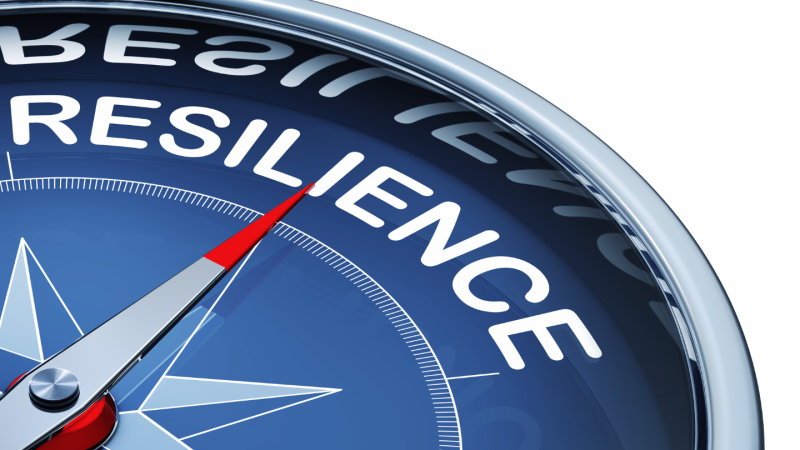How can you develop your RQ-your resilience to cope with adversity, setbacks and disappointments?

In today’s fast-paced and unpredictable world, developing resilience is an essential trait for success and personal growth. Resilience is the ability to bounce back from setbacks, adapt to change, and cope with adversity. It’s a quality that allows us to persevere through challenges and keep pushing forward, even when things get tough. In this article, we will discuss how you can develop your resilience quotient (RQ) to cope with adversity, setbacks, and disappointments.
- Understand Your Reactions
The first step in developing your RQ is to understand how you react to adversity. Everyone responds differently to stress, and it’s important to be aware of your own reactions so that you can develop strategies to cope with them. For example, some people may become angry or frustrated when faced with setbacks, while others may become anxious or depressed. Knowing your typical reactions can help you identify patterns and work on developing coping mechanisms.
2. Cultivate a Growth Mindset
A growth mindset is the belief that you can learn and grow from your experiences, even the negative ones. This mindset allows you to approach challenges as opportunities for growth, rather than insurmountable obstacles. Cultivating a growth mindset can help you stay positive and motivated when faced with adversity, as you focus on what you can learn from the experience and how you can improve in the future.
3. Build a Support Network
Having a strong support network can be a valuable asset when facing adversity. This network can include family, friends, mentors, and colleagues who can provide emotional support and practical advice when you need it most. Building a support network takes time and effort, but the benefits can be invaluable in helping you cope with setbacks and disappointments.
4. Practice Self-Care
Taking care of your physical and mental health is crucial for developing resilience. This means getting enough sleep, eating a healthy diet, and engaging in regular exercise or other physical activities. It also means prioritizing your mental health by practicing self-care activities like meditation, journaling, or spending time in nature. By taking care of yourself, you will be better equipped to handle the challenges that come your way.
5. Learn from Setbacks
Setbacks and failures are inevitable in life, but it’s important to view them as opportunities for growth and learning. When faced with a setback, take some time to reflect on what went wrong and what you could do differently in the future. This reflection can help you identify areas for improvement and develop a plan for moving forward.
In conclusion, developing your resilience quotient (RQ) is essential for coping with adversity, setbacks, and disappointments. By understanding your reactions, cultivating a growth mindset, building a support network, practicing self-care, and learning from setbacks, you can build your resilience and face life’s challenges with confidence and strength. Remember, resilience is not about avoiding failure or adversity, but about bouncing back and thriving in the face of it.
Other Articles
Do you have to be dysfunctional to be leader?
